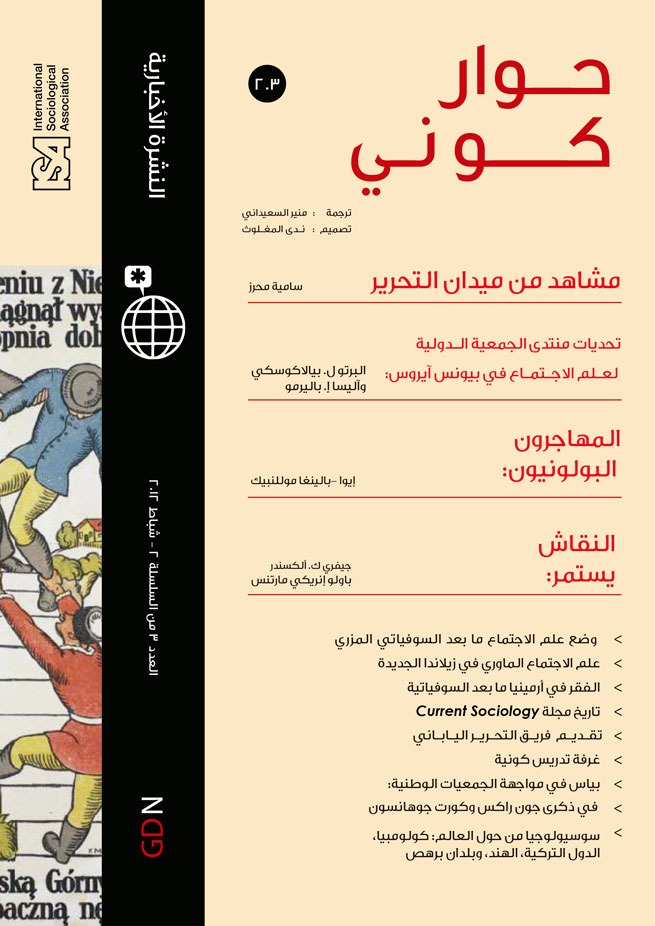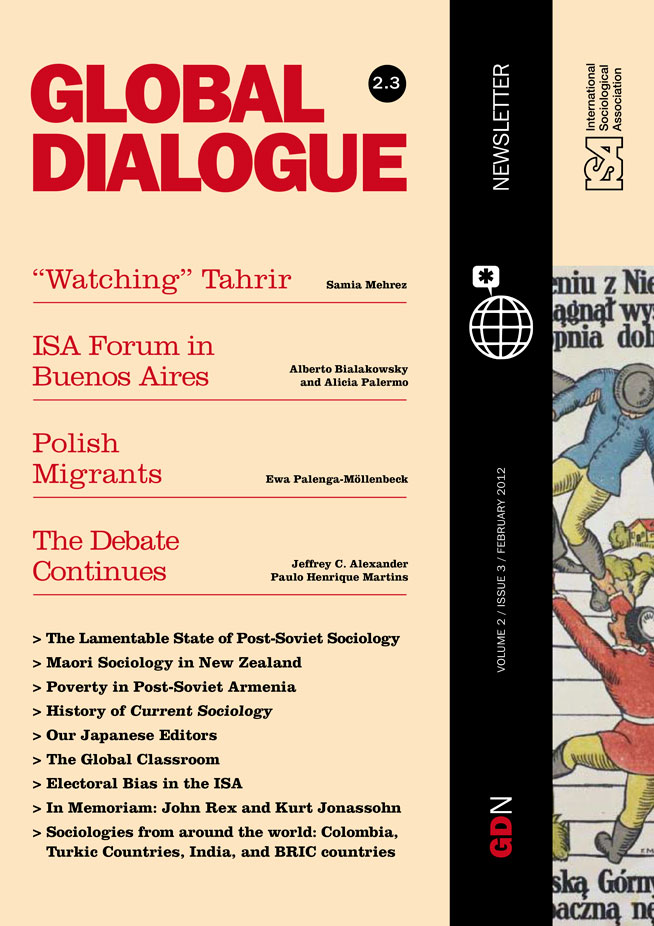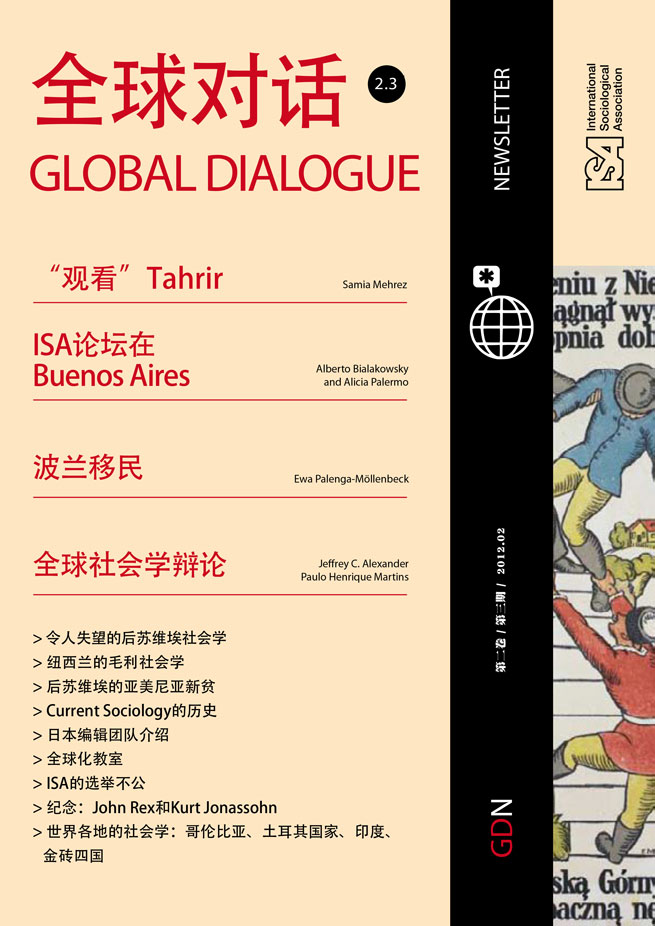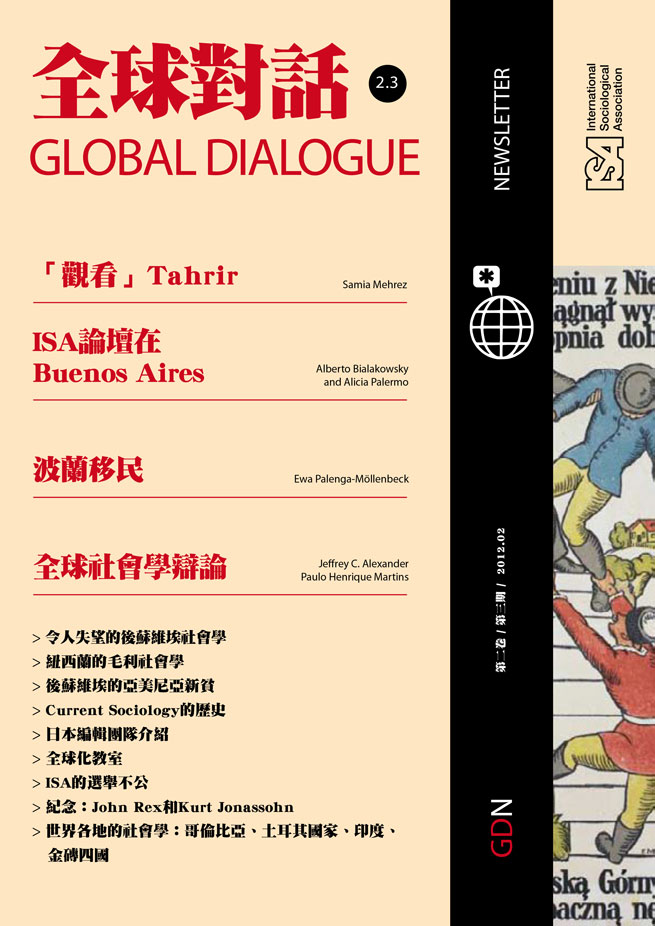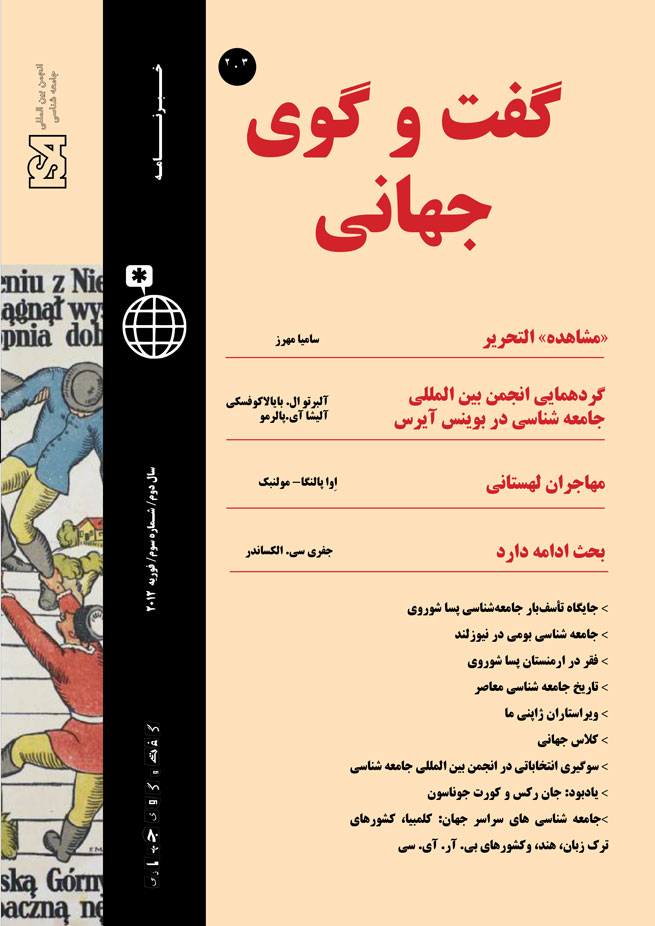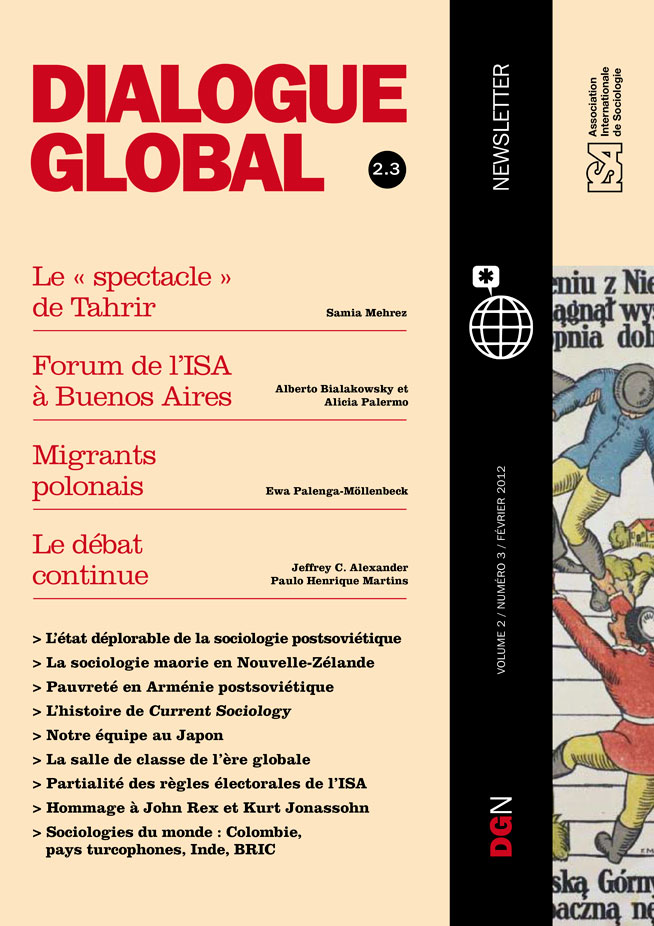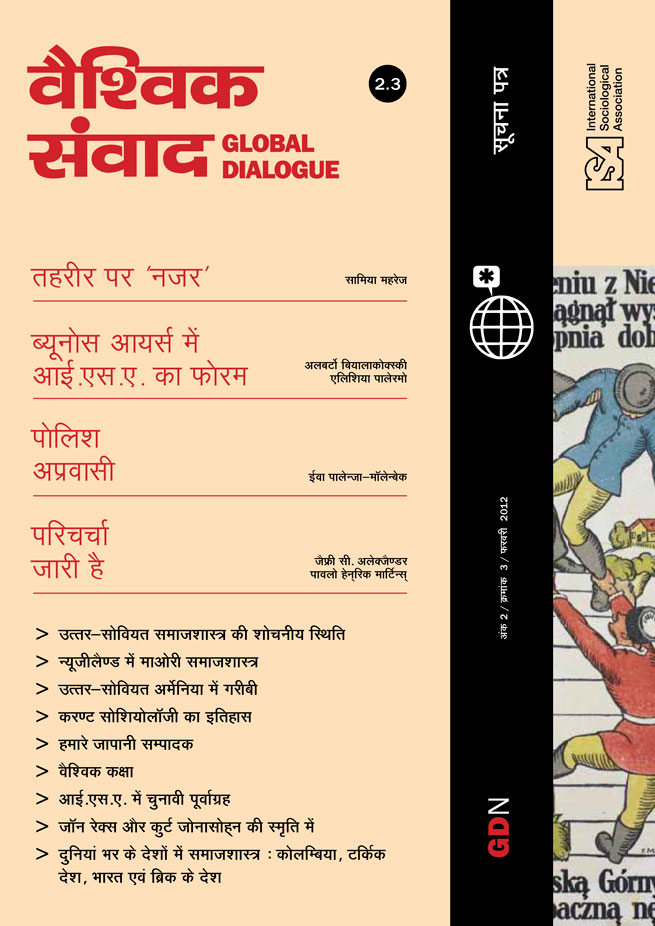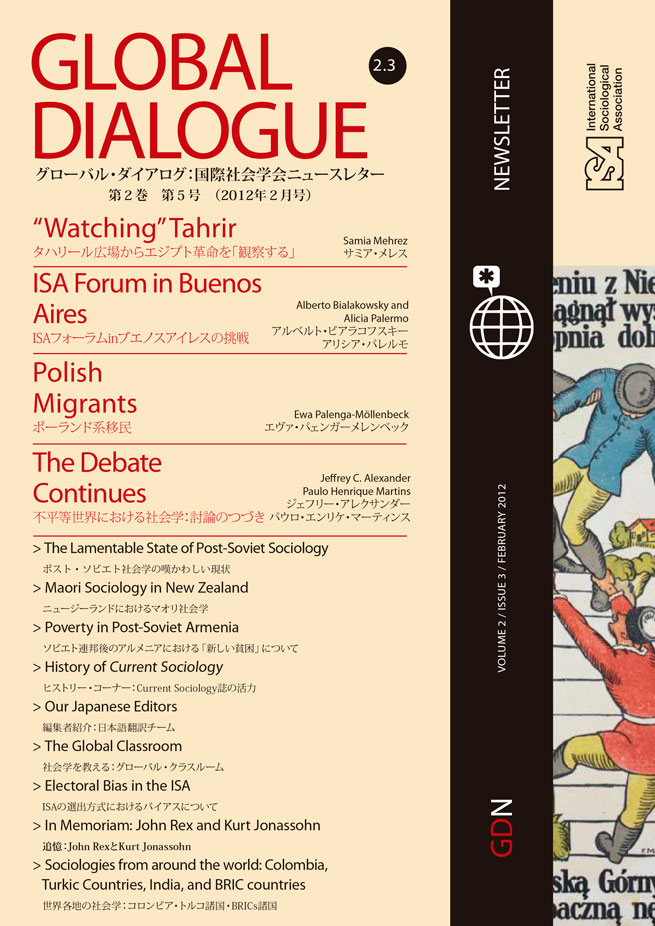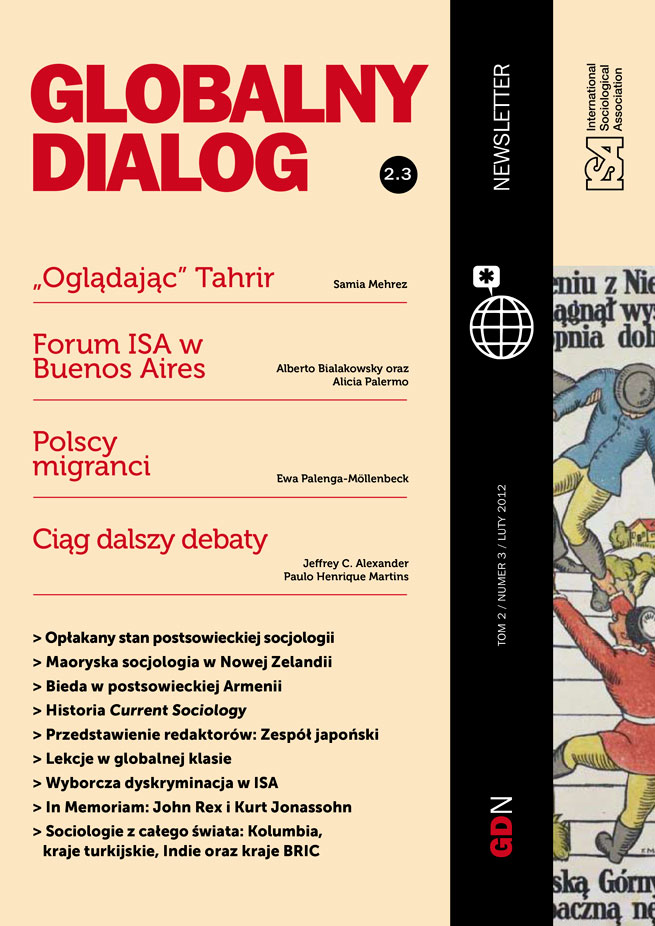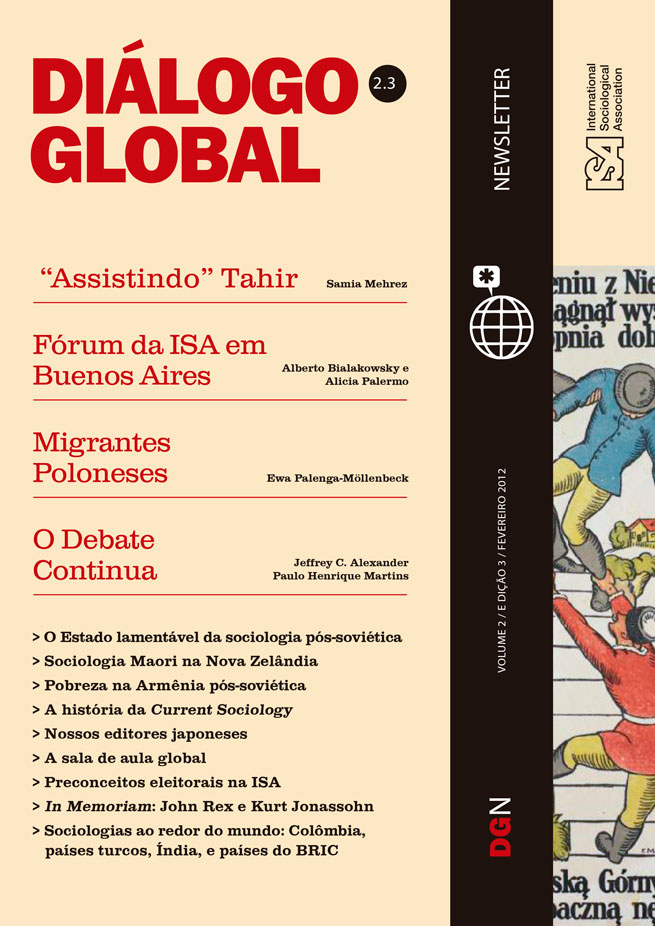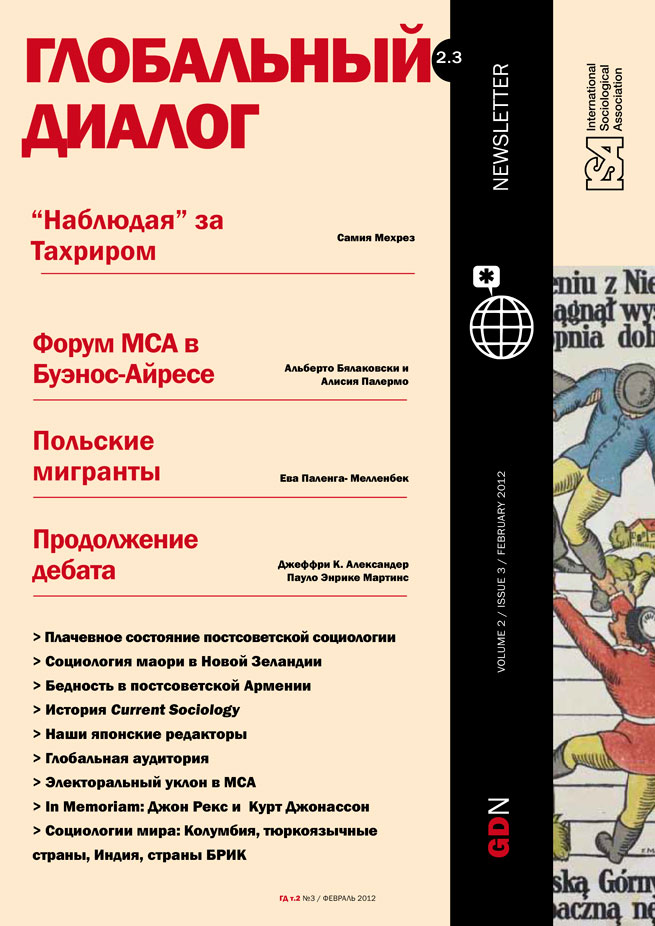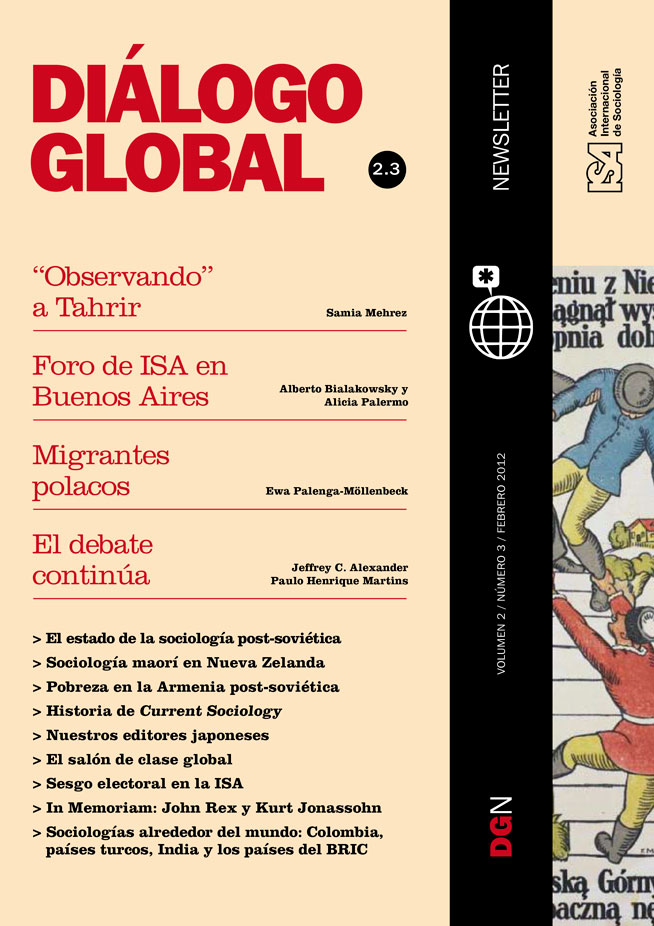Read more about From the Regions
Māori Sociology in New Zealand
by Tracey McIntosh
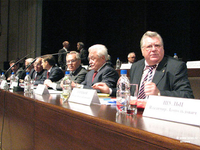
The Lamentable State of Post-Soviet Sociology
by Victor Vakhshtayn
March 01, 2012
The social transformations at the end of the 20th century, following the breakup of the Soviet Union, inaugurated a new historical era. Post-Soviet countries involved in the process of social modernization have experienced serious developmental difficulties. The “modernization rebound” and deindustrialization represent a common stage of post-Soviet development. The problem lies in the exclusion of ethno-cultural processes from models of modernization.
In the case of Armenia the “modernization rebound” brought deep deindustrialization moving the country toward archaic forms of economic activity, especially in agriculture (Poghosyan 2005). Post-Soviet privatization resulted in property being concentrated in the hands of a small minority of private owners and the result has been extreme poverty and the underdevelopment of a middle class (Poghosyan 2003).
The transformation of the structure of modern Armenian society, which is not yet over, has resulted in striking changes. On the basis of a nationwide sociological survey we elaborated the following model (Poghosyan 2005):
Armenian society has become “multi-leveled,” with escalating differences in the living standards separating different social strata. Marginalization of large sectors of the population has begun, especially as a result of unemployment. What I have characterized as the “New Poverty” is the result of reforms and the destruction of the former economic system, and not a statement about some inherited cultural disorganization of society. Such poverty could not be found in the Soviet period.
Moreover, this “New Poverty” has nothing in common with the massive poverty found in Third World countries, where poverty is characterized by misery, illiteracy, high child mortality rates, and poor public sanitation. None of these conditions pertain to the phenomenon of post-Soviet “New Poverty,” which afflicts a population with a high level of education, a secure system of health protection, and good conditions of life. The “New Poverty” affects people who were satisfied enough in the past, such as laborers, office workers, the intelligentsia, pensioners, and housekeepers. The same “New Poverty” is now visible in some EU countries and the USA, following the global financial crisis.
Traditional strategies of overcoming poverty based on the experience of Third World countries are, as a rule, not appropriate in these cases. We need new concepts and strategies for overcoming this new poverty that take into account the ethno-cultural peculiarities of each country. In the case of Armenia with its economically active, educated population and its high level of investment potential from the Armenian Diaspora, the solution may lie with the rapid development of small and medium businesses.
References
Poghosyan, G. 2003 Armenian Society in Transformation. Yerevan, Armenia: Lusabats [Russian].
Poghosyan, G. 2005 Current Armenian Society: Peculiarities of Transformation. Moscow: Academia [Russian].
Gevorg Poghosyan, Director of Institute of Philosophy, Sociology and Law of the Armenian National Academy of Sciences, and President of the Armenian Sociological Association
This issue is not available yet in this language.
Request to be notified when the issue is available in your language.
If you prefer, you can access previous issues available in your language:
